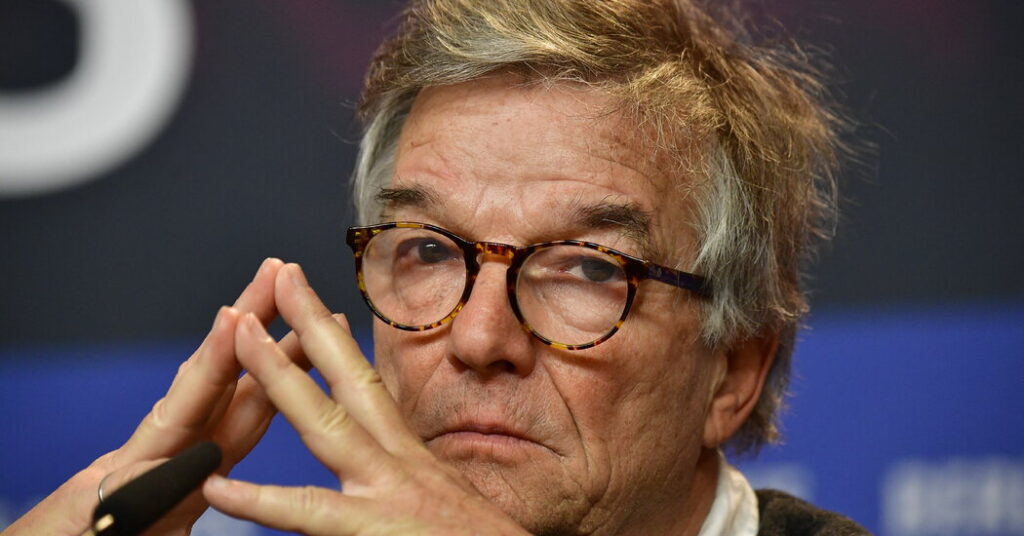The French movie director Benoît Jacquot was charged on Wednesday with the rape of two actresses, Julia Roy and Isild Le Besco, several years ago, according to the Paris prosecutor’s office.
Mr. Jacquot, 77, is one of two directors facing a wave of #MeToo accusations that have roiled France’s movie industry since the actress Judith Godrèche came forward to say he had raped her during an abusive relationship that started when she was 14 and he was 39.
In the wake of Ms. Godrèche’s accusations, Ms. Roy, 34, and Ms. Le Besco, 41, publicly accused Mr. Jacquot of keeping them in similarly abusive relationships and of sexually abusing them when they were much younger actresses who starred in his films.
Ms. Le Besco has accused Mr. Jacquot of raping her between the ages of 16 and 25. Ms. Roy, who acted in some of Mr. Jacquot’s films between 2016 and 2021, had accused him of sexual and physical abuse.
Mr. Jacquot and the other director who has been accused, Jacques Doillon, 80, were taken into police custody on Monday for questioning.
Both men have denied any wrongdoing.
Mr. Doillon was released on Tuesday on medical grounds and without being charged, the Paris prosecutor’s office said, although it added that it was still examining how to proceed in his case. Ms. Godrèche has accused Mr. Doillon of sexually assaulting her twice.
The charges involving Ms. Roy are tied to accusations that Mr. Jacquot raped her in 2013. He was also charged with physically and sexually assaulting her between 2018 and 2019. The rape charges involving Ms. Le Besco are connected to the years 1998 through 2000, when she turned 18.
Mr. Jacquot, who directed movies including “A Single Girl” and “Farewell, My Queen,” was released on Wednesday on bail of 25,000 euros, or about $27,000, under strict conditions.
The investigative judge issued a restraining order that prevents Mr. Jacquot from contacting the women who accused him, ordered him to seek psychological care and barred him from working with minors. He was also prohibited from working as a director, the Paris prosecutor’s office said, and from making “public appearances in connection with the activities that led to the commission of the offenses for which he is under investigation.”
Mr. Jacquot’s lawyer, Julia Minkowski, could not immediately be reached for comment on Wednesday evening. In a statement to Agence France-Presse, she called the restrictions a disproportionate “judicial cancellation” of her client and said he would appeal the charges.
The allegations Ms. Godrèche made against Mr. Jacquot were past the statute of limitations. “But I feel heard through this decision,” Ms. Godrèche said on Instagram on Wednesday after the prosecutor’s office said it was seeking charges against Mr. Jacquot.
In France, prosecutors in complex criminal cases can seek charges, but the cases are ultimately handled by special magistrates with broad investigative powers who charge defendants when they believe that the evidence points to serious wrongdoing. The magistrates can later drop the charges if they do not believe that the evidence is sufficient to proceed to trial.


